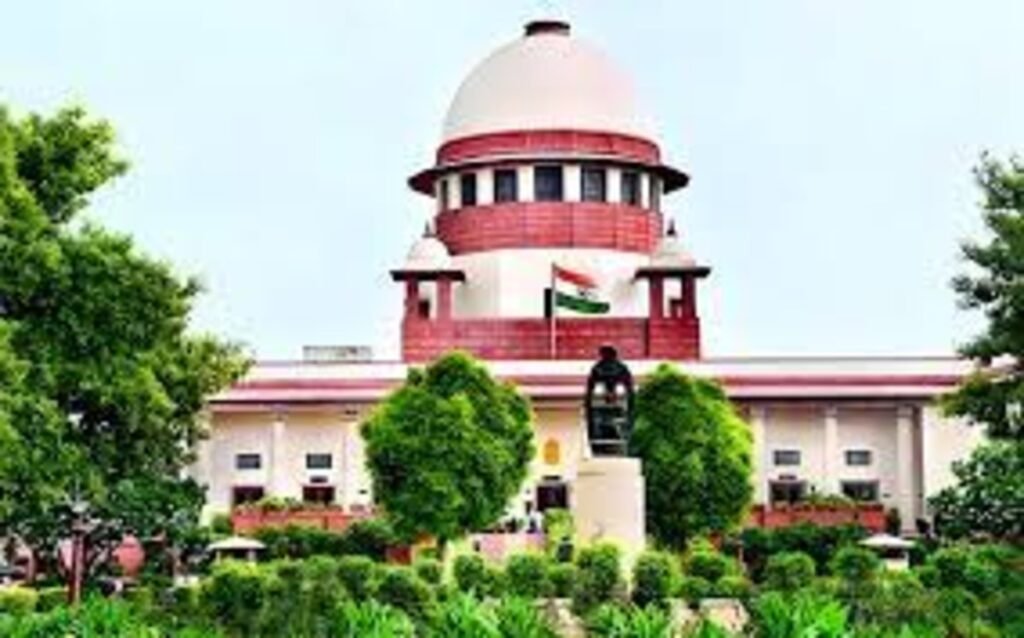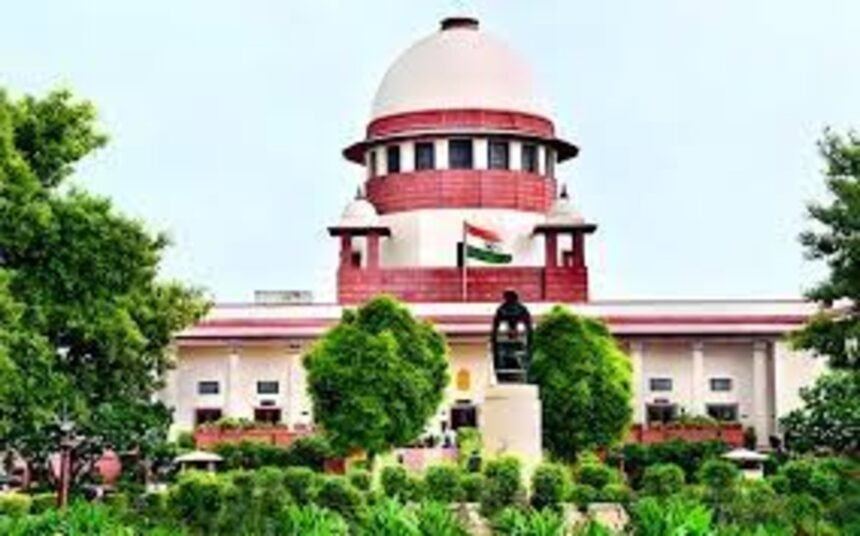Introduction
In a significant ruling, the Supreme Court of India has granted permission to a rape survivor to terminate her pregnancy at 27 weeks, while also expressing strong disapproval of the Gujarat High Court’s initial denial of her abortion plea. The apex court criticized the high court’s stance, labelling it as “against constitutional philosophy.” The victim, who had endured a harrowing experience, sought to terminate the pregnancy, a plea that was initially rejected by the Gujarat High Court.

Decision to allow abortion
The Supreme Court’s decision to allow the abortion came in response to a fresh medical examination that confirmed the survivor’s fitness to undergo the procedure. The court argued that the high court had not appropriately considered the issue of whether a woman should be compelled to bear an unwanted child, especially when the pregnancy stemmed from such a traumatic event. The apex court highlighted the importance of a woman’s right to bodily integrity in its numerous previous judgments.
The case took an unusual turn when the Gujarat High Court issued a clarification order, rejecting the survivor’s abortion petition, after the Supreme Court had already begun an urgent hearing on the matter. This move raised eyebrows among legal circles, with the Supreme Court questioning the high court’s actions and expressing its displeasure. The court wondered aloud if such a response was common from lower courts towards the orders of the superior court.
The justices at the Supreme Court, while acknowledging the High Court judge’s capabilities, criticized the counterblast and expressed concern over the unjust conditions the survivor was being subjected to. Solicitor General of India, Tushar Mehta, requested the bench to be cautious about making comments on the High Court judge, emphasizing that “Comments can be discouraging.” In response, the Supreme Court justices clarified that their remarks were not directed against any specific individual, but rather aimed at questioning the manner in which the order was passed.
Ensuring Living of Fetus
As part of the judgment, the Supreme Court directed that, in the event the fetus is found to be alive after the abortion procedure, the hospital should ensure the necessary facilities for the fetus’s survival and the state should take appropriate measures for the child’s adoption in accordance with the law. The court also considered the request for preserving fetal tissues for DNA evidence in the rape case trial, stating that doctors should explore the feasibility of this plea.
The sequence of events leading up to this decision was marked by a sense of urgency on the part of the Supreme Court. The court expressed dissatisfaction with the high court’s “lackadaisical attitude” towards the survivor’s plea, particularly with its decision to list the matter for a hearing on August 23, a significant delay considering the urgency of the situation. The Supreme Court’s stance underscores the importance of a prompt and sensitive approach when addressing issues of such gravity.
In conclusion,
The Supreme Court’s ruling granting the rape survivor’s request for abortion sheds light on the significance of a woman’s right to make decisions about her own body, especially in the context of traumatic experiences. The court’s criticism of the Gujarat High Court’s handling of the matter emphasizes the need for compassion and prompt action when dealing with such sensitive cases.




